Premium Only Content
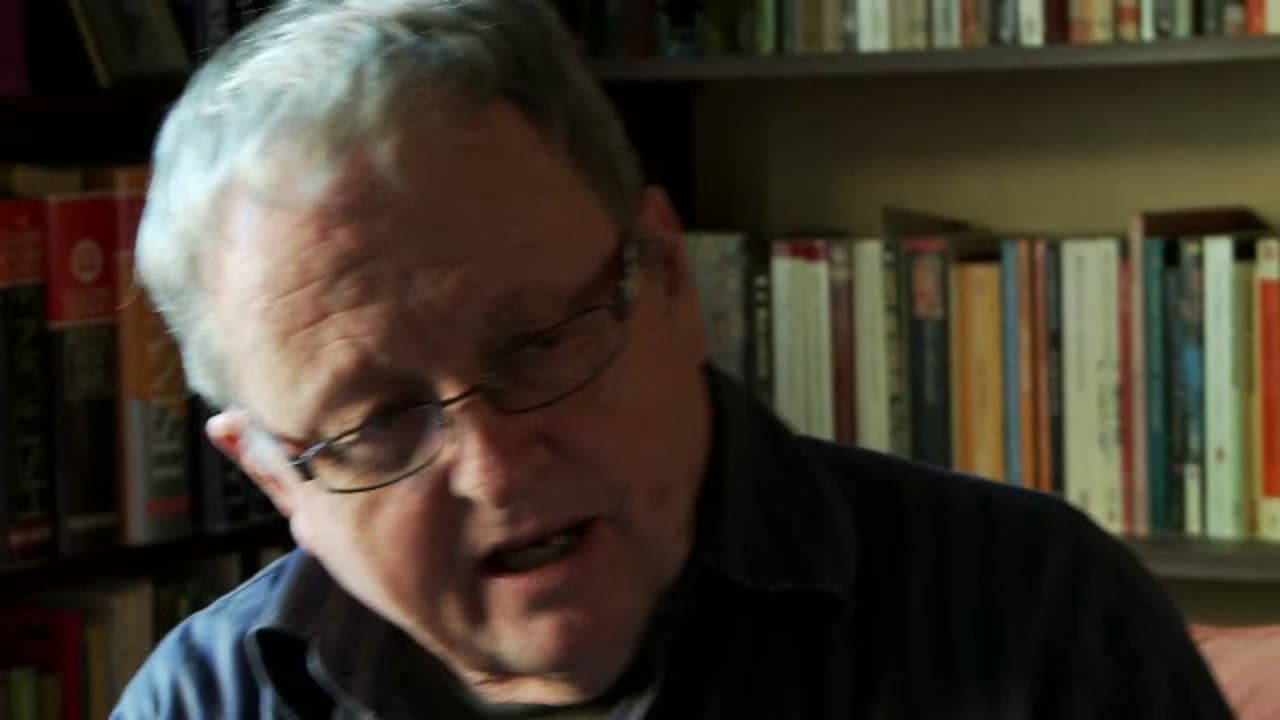
7/7 victim John Tulloch gives his reaction to the Leveson findings (2012) The Guardian
Back Up for:
https://www.theguardian.com/media/video/2012/nov/29/7-7-survivor-john-tulloch-leveson-video
and
https://www.theguardian.com/media/2012/nov/29/leveson-hacking-victim-tulloch
Leveson report: 7/7 bomb victim's disgust for Cameron
Leveson report's recommendations need cross-party support, says phone hacking victim and 7 July survivor John Tulloch
John Tulloch was opposite Mohammad Sidique Khan when the leader of the 7/7 bombers detonated his device, killing himself and six others.
A photograph of the professor taken moments after the tube train explosion became one of the iconic images of the day. Bewildered and bloodied with a green tag classifying him as "walking wounded", the photograph of his hastily bandaged head and shrapnel from the blast embedded in his lacerated face appeared on front pages across the world.
On Thursday Tulloch was not bewildered at all. He was very clear about his emotions: "I'm disgusted with the prime minister and very disappointed," he told the Guardian. "I haven't read the report but I've spoken to other victims [of hacking and press intrusion] and to legal experts, and my anger is increasing.
"Cameron has undoubtedly sided with the [press] barons and that's outrageous," he added. "To wriggle away from backing the recommendations for a statutory basis for an independent commission when there's been absolute bending over backwards by Leveson to take everyone with him [in his recommendations] is not good enough."
Tulloch, professor of media at Brunel University, has good reason to feel strongly. He claims that in 2005, on the same day that the police returned the blasted remains of his clothes and shoes, he was bullied and harassed into giving an interview to the News of the World and posing for a photograph he later bitterly regretted.
He claimed they "completely misrepresented what I said, to my great personal embarrassment and causing me considerable professional mortification".
A few months later and without warning, the Sun used his image on its front page alongside the headline "Tell Tony He's Right" – implying that he backed the then prime minister's tough anti-terror measures. But Tulloch – still slowly recovering from his injuries – passionately disagreed with the proposals. It was, he says, "a huge invasion of my body, my face, my voice."
Then, in March this year, he was told by the Metropolitan police that his mobile phones had been hacked.
"Compared to many of those who have been hacked and had their privacy invaded, including the parents of children who have died, I have come off very lightly from press intrusion," he said. "But on the other hand, I have experienced it from both ends of the spectrum: from the illegal to the legal yet immoral.
"This is why I feel so strongly [about] Leveson's recommendations, which cover the gamut of press behaviour and ethics, criminal and otherwise, and why I'm extremely disappointed that [David] Cameron has failed the huge opportunity he had for a cross-party agreement.
"I'm strongly critical because I'm deeply concerned that the prime minister has chosen an approach that could lead us back to the bad old days of the PCC, which everyone, including the prime minister, condemns as a failure."
Tulloch suffers from post-traumatic stress disorder. He still carries the bag he was using on the tube on the day of the explosion.
Placing the black rucksack next to him on the sofa, he touches it lightly. "It was covered in blood. My own, other people's – perhaps the bomber's too. But I put it in the bath and scrubbed it off and it emerged largely unscathed," he said. "I carry it with me as a reminder of how fortunate I was to escape with the injuries I have. It's also," he added, "a rather good bag."
Tulloch is keen to emphasise that his attitude towards the media is "in general, very positive", pointing to the campaign waged on his behalf when he was fighting to remain in the UK.
Tulloch, who lives in the Vale of Glamorgan, was born to British parents in India before independence. Unknown to him, this conferred a lesser form of British nationality known as a "British subject without citizenship", which meant that despite holding a British passport and having worked in the UK for most of his life, British nationality was automatically cancelled when he took Australian citizenship in 1983.
"I had no idea what had happened until I was suddenly told I was no longer entitled to remain in the UK indefinitely," said the semi-retired academic. "But I won my campaign to have my British citizenship reinstated because the press were on my side. I have not just suffered from the press but seen their positive side too," he said. "So I absolutely believe in the freedom of the press – but with responsibility and regulation.
"It is the chance for that which Cameron wants to throw away. He has done so without suggesting an alternative strategy to Leveson's recommendations. There is now a very real risk that Leveson is kicked into the long grass. That's a very real possibility and that's why I'm so angry."
-
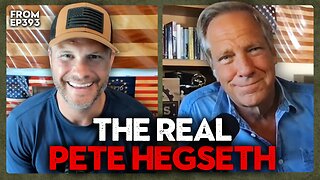 8:34
8:34
Mike Rowe
6 days agoWhat You Didn't Hear At Pete's Confirmation Hearing | The Way I Heard It with Mike Rowe
17.5K15 -
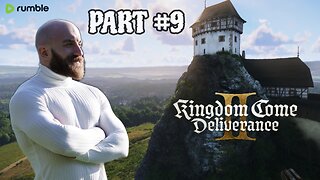 7:13:44
7:13:44
TonYGaMinG
8 hours ago🟢LATEST! KINGDOM COME DELIVERANCE 2 / NEW EMOTES / BLERPS #RumbleGaming
37.5K2 -
 40:17
40:17
SLS - Street League Skateboarding
4 days agoEVERY 9 CLUB IN FLORIDA! Looking back at SLS Jacksonville 2021 & 2022 - Yuto, Jagger, Sora & more...
84.6K1 -
 2:00:47
2:00:47
PaddysParlorGames
17 hours agoSunday Parlor Chill: GOBSTEIN
48.3K2 -
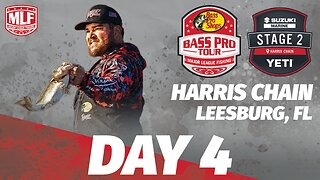 LIVE
LIVE
Major League Fishing
4 days agoLIVE! - Bass Pro Tour: Stage 2 - Day 4
203 watching -
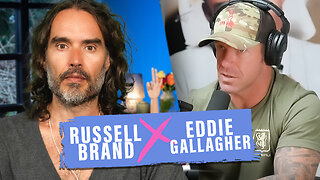 56:24
56:24
Russell Brand
1 day agoEddie Gallagher: War, Betrayal & Fighting the System
109K12 -
 11:21
11:21
TimcastIRL
9 hours agoGOP Rep Says TWO SHOOTERS In JFK Assassination As FBI Uncovers TROVE Of Secret Documents
137K191 -
 1:04:55
1:04:55
Bare Knuckle Fighting Championship
4 days agoBKFC ITALY PRESS CONFERENCE | LIVE!
84.1K7 -
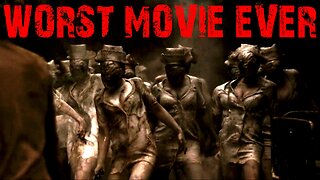 10:04
10:04
Space Ice
7 hours agoThe Movie Silent Hill Is Like Resident Evil Without The Good Parts - Worst Movie Ever
49.7K12 -
 5:49
5:49
Hannah Barron
1 day agoRedneck Euro Mount
40K23